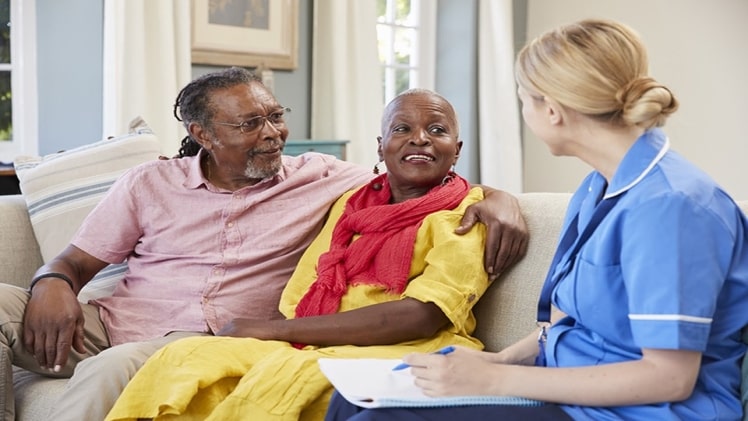What is social health?
“The ability of an individual to interact with the environment, and make healthy relationships is called as social health”.
You might have missed an important part of overall health despite having good mental and physical health. Social health is also an important component of overall health. Social relationships and health outcomes are strongly interrelated. A person is socially healthy if he has the following signs:
- Rather than passive skills person has assertive skills
- Balanced social and personal life
- Community engagement
- Coping the social situations
- Respect others
- Creating boundaries in relationships
- Surrounded by supportive connections
Why is social health important?
Social health is important in the way that we interact with people throughout the day. Positive and healthy relationships are necessary for better overall health.
Poor social health can lead to the following problems
- Heart attack
- Chronic pains
- Mobility issues
- Hypertension
- Poor mental health
How to measure social health and wellness
Self-reflection and relationship with others is a unique way to assess social health. Look for the signs of healthy and positive social life and apply them to self-life to check whether they are present or not. These include
- Balanced social and personal time
- Respect for others
- Being yourself
- Community engagement
- Friends and family support
HOW TO IMPROVE YOUR SOCIAL HEALTH
1. Self-care
Practice self-care through a simple healthy diet, exercise, proper sleep, supplements such as vitamin B12 and recreational activities. Quit smoking and using alcohol. Cope with the daily stress of life efficiently without compromising your mental health. In this way, you will feel healthy and enjoy good social health.
2. Making friends and reaching out
Choose friends with care. Talk to friends about the things you all are interested in. try to avoid conflicts. Plan to visit the friends on holiday even for a catch up for the coffee cup. Stay connected with your friends on the telephone as well. This will build a healthy social relationship with friends.
3. Find a community group
If you are not interested in making close friendships and want to keep the relationship at a low key with the people around you, then you can join community groups. These community groups should consist of people who have the same interests as you. You can also do volunteer work in the group.
4. Nurture the relationships
The relationship can also work if it is maintained by a single person. If you are the only one who makes an effort, then don’t worry, you will be benefitted from happiness, and your friend will appreciate you more. Don’t ever think about what the other person has done for you; instead, think about your efforts.
5. Fulfil your commitments
Always be careful whenever you are making a commitment to anything. Cancelling the commitments later on, has a bad impact on your relationship. Another person will think low. Once you have made a commitment, then try your best to fulfil it.
6. Respect other opinions
Conflicts also exist in every relationship. Human beings are different from each other in their way of thinking. Give your opinion, and don’t let the conflict turn into personal fights. Give your point of view and respect others’ opinions.
7. Verbal and non-verbal appreciation
Everyone feels good to be valued. Always appreciate the little efforts made by others. In this way, they will feel pleasant and motivated to do something better. This will ensure a strong and longer social relationship.
8. Work on communication skills
Communication skills are the main part of healthy social contact. Try to work on ways to improve your communication skills. Some of these are discussed here.
- While talking to someone, make good eye contact.
- Be an active listener.
- Work on your body language
- Make the choice of words wisely.

